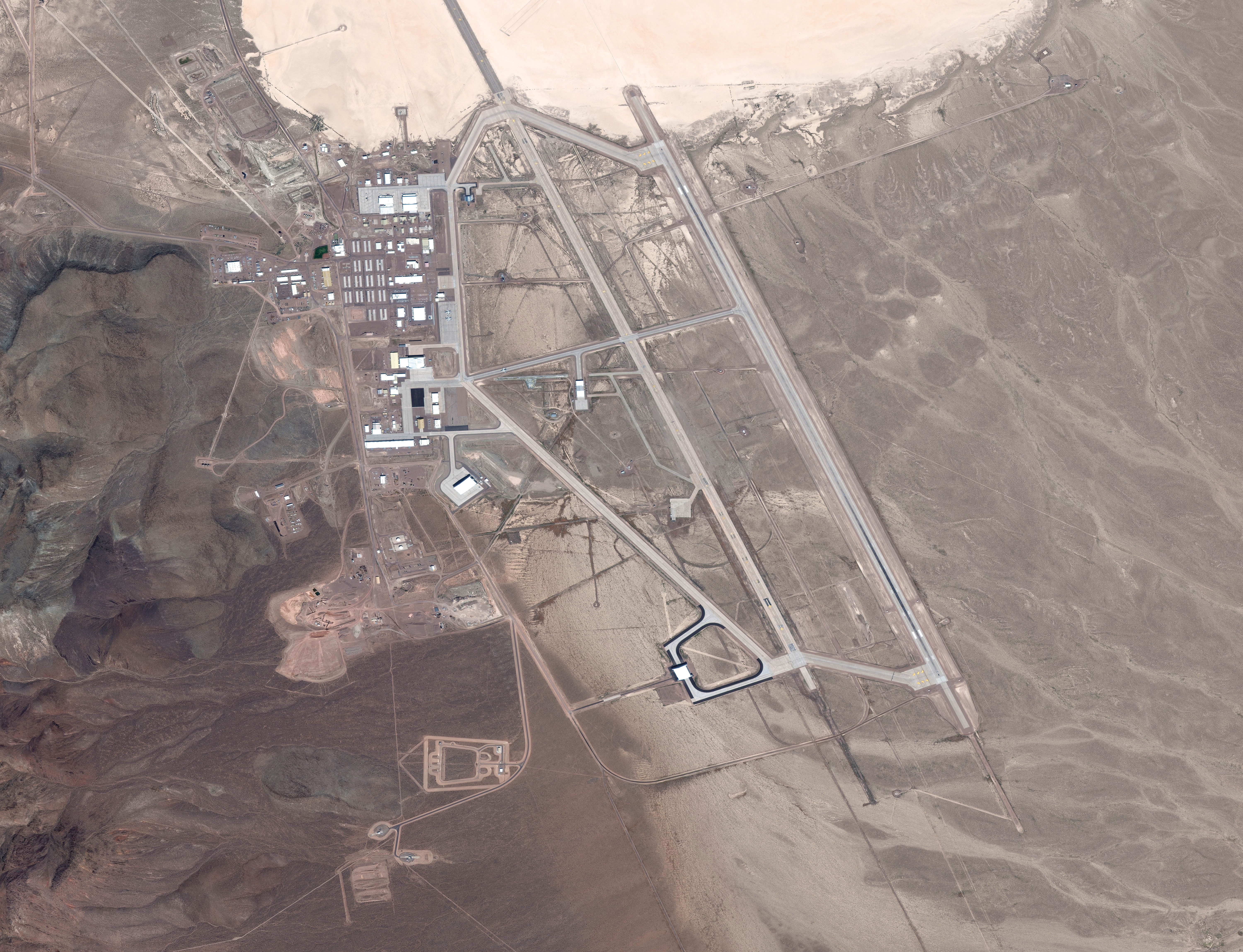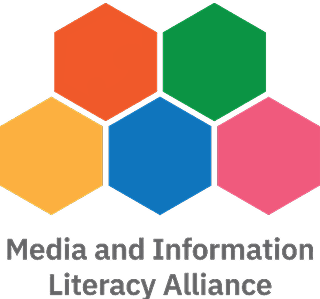A Complete CurriculumSee how it fits together
See how it fits together
Frameworks
Primary and secondary frameworks clearly define exactly what great media literacy teaching looks like from ages 7-14.
Schemes of work
Ensure coverage of all the framework statements, with clear learning objectives and progression built in through three levels.
Teaching Packs
Everything you need to deliver the schemes of work for each level, plus fresh, fortnightly lessons based on current news stories.
Get Started Today
Whatever your school size, the First News TeachKit provides everything you need to equip pupils with the skills to navigate today's complex information landscape - and grow into confident, responsible creators, contributors, and sharers.
If you are a First News subscribing school, please go to My Account to upgrade your package for just £199.
What's included?
- Frameworks produced in partnership with MILA
- Fully resourced schemes of work for ages 7-14 (three levels)
- Complete teaching packs for every objective
- Dynamic, fortnightly lessons linked to current news stories
- AI tools to adapt resources and support classroom needs
- School-wide access and individual teacher dashboards
- Training opportunities and ongoing support
- Community-created lessons ready for download
WHY DOES MEDIA LITERACY MATTER?
What's New?Explore our latest expert-written teaching packs
Explore our latest expert-written teaching packs



How Does It Work?Our videos walk you through finding the right teaching packs for your classroom
Our videos walk you through finding the right teaching packs for your classroom
Community ResourcesExplore and download MIL lessons created by fellow TeachKit subscribers
Explore and download MIL lessons created by fellow TeachKit subscribers
What Teachers Are SayingDiscover how the First News MIL TeachKit could transform your classroom, too
Discover how the First News MIL TeachKit could transform your classroom, too
"The spiral curriculum design from Y3 to Y9 is well thought through and covers lots of content that I would like my students to understand. The lesson plans are well-designed and I like that they cover potential misconceptions and required prior knowledge."
"It’s clearly very comprehensive and well thought out. It offers an off the shelf spiralled curriculum with clear objectives and links to a workable framework."
"The teaching notes are really clear - with the learning objective clearly set out. You know what the focus is, what they are going to learn and be able to do."
